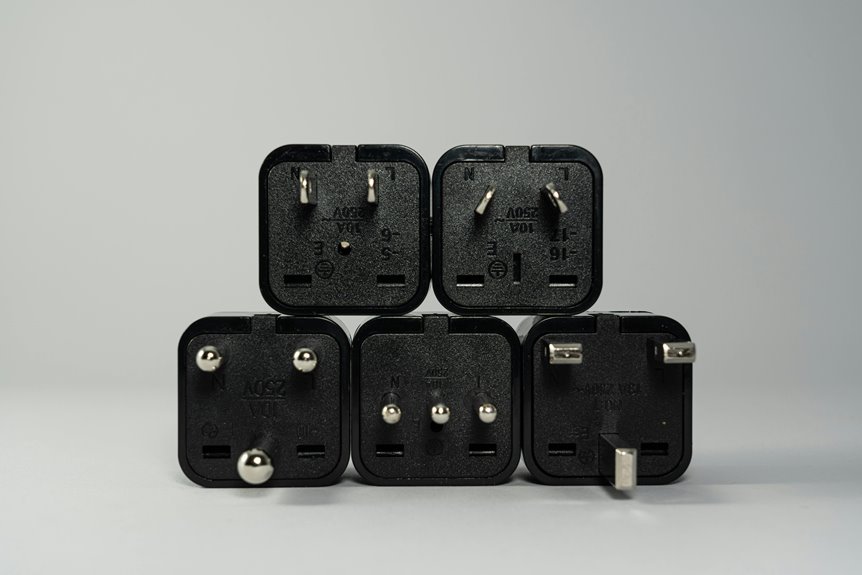Mutf_In: Sbi_Ener_Oppo_Irpgh5

The Mutf_In framework, specifically Sbi_Ener_Oppo_Irpgh5, serves as a vital tool for evaluating mutual fund investments in energy sectors. It integrates financial performance metrics, risk assessments, and portfolio efficiency through innovative technologies. Stakeholders are equipped to navigate the complexities of energy optimization. However, the implications of these strategies extend beyond mere financial outcomes, raising questions about their long-term sustainability and impact on investment practices. Further exploration reveals critical insights into these dynamics.
Understanding the Mutf_In Framework
The Mutf_In framework serves as a structured approach to analyzing and optimizing mutual fund investments within the context of financial performance and risk assessment.
By adhering to mutf_in principles, investors can effectively implement energy optimization strategies, enhancing portfolio efficiency.
This analytical model empowers stakeholders to make informed decisions, balancing risk and return while pursuing opportunities that align with their financial objectives and freedom aspirations.
Key Technologies Driving Energy Efficiency
As organizations increasingly prioritize sustainability, key technologies are emerging to enhance energy efficiency across various sectors.
Smart grids facilitate renewable integration, optimizing energy distribution. Energy storage systems bolster reliability, while demand response strategies adjust consumption patterns.
IoT applications enable real-time monitoring, and building automation enhances operational efficiency, collectively driving carbon reduction.
These innovations represent a transformative shift toward a more sustainable energy landscape.
Applications Across Various Sectors
Emerging technologies are finding applications across various sectors, significantly enhancing energy efficiency and sustainability.
Integration of renewable sources into energy systems facilitates the development of smart grids, allowing for real-time management of energy distribution.
These advancements promote a decentralized energy model, empowering consumers and businesses alike to optimize their energy use, ultimately driving innovation and resilience within the energy landscape.
Benefits of Sustainable Energy Practices
While adopting sustainable energy practices presents numerous advantages, the most significant benefits include enhanced environmental protection, economic savings, and energy security.
Utilizing renewable resources reduces the environmental impact of energy consumption, mitigating climate change and pollution.
Additionally, these practices promote long-term economic viability by lowering operational costs and fostering energy independence, ultimately empowering individuals and communities with greater control over their energy futures.
Future Prospects for Energy Management Solutions
The increasing focus on sustainable energy practices naturally leads to advancements in energy management solutions.
Smart grids will enhance demand response capabilities, allowing for more efficient energy distribution.
Furthermore, renewable integration will be streamlined through improved energy storage technologies, enabling a more resilient and flexible energy infrastructure.
These innovations promise to empower consumers, fostering autonomy in energy usage while promoting environmental sustainability.
Conclusion
In conclusion, the Mutf_In framework serves as a compass guiding investors through the intricate landscape of energy opportunities. By harnessing the transformative power of smart technologies, it illuminates pathways to sustainable financial growth. Like a well-tuned engine, the integration of energy efficiency and environmental responsibility fuels a future rich with potential. As stakeholders navigate this evolving terrain, the synergy between investment acumen and ecological stewardship will define the horizon of energy management solutions.





